ON the Beat | Academy Update, in Name and Musical Deeds
The Music Academy of the West Kicks up some Serious Music Heels, Elvis and Daryl Square off at the Bowl

This edition of ON the Beat was originally emailed to subscribers on June 20, 2024. To receive Josef Woodard’s music newsletter in your inbox on Fridays, sign up at independent.com/newsletters.
MAW is back, doubly speaking.
Not only has the always enticing Music Academy of the West season begun in earnest, with chamber music events leading up to this Saturday’s traditional orchestral first foray at The Granada Theatre (see story here), but the actual organizational moniker has been thankfully restored. Two years ago, as part of a rebranding process during the Academy’s grand 75th anniversary season, the executive decision was made to streamline the title known around the world for ¾ of a century to the tidier — but more weirdly generic — Music Academy. It felt wrong.
When the new Academy head, Shauna Quill, arrived last fall, she decreed it proper to reclaim the more official and more geographically specific Music Academy of the West (a k a the acronym MAW). Name games aside, this summer’s rich bounty of high-grade classical programming is off and running, starting with last Friday’s TakácsQuartet concert at the Lobero Theatre (the Takácsreturns tonight, June 20, in the faculty-meets-fellows x2 series at Hahn Hall).
Watch this space for comings and goings over the busy coming weeks in the world of MAW. In addition to Saturday’s Festival Academy Orchestra debut — with Osmo Vänskä conducting Sibelius, Wagner, and Mahler — and a dense schedule of masterclasses (open to the public) and other special events, the Academy’s acclaimed voice department will be showcased on Friday’s “Opera Scenes” program at Hahn Hall.
Saturday Night Hitsville

One of the more routinely entertaining and enlightening concerts on the Academy roster is affectionately known as “Percussionfest,” where faculty percussionist Michael Werner bravely works with uncommonly gifted young fellows to present a live field report on the state of percussion music. Once again, last Saturday night’s affair at Hahn Hall was bristling with fresh ideas and inventive uses of both musical toolbox and demands for new techniques.
The brave new-ish world of dedicated percussion music remains a restlessly creative vanguard among instrumental families, as we’re reminded by these concerts and encounters with such notable ensembles as the Steven Shick–directed red fish blue fish (frequent visitors at the Ojai Music Festival).
One recurring theme of Werner’s agenda for Percussionfest: There will be trips to Home Depot. Percussion music composers — often percussionists themselves — frequently deploy creative tactics to expand and deconstruct the palette of possibilities within their medium, including asking performers to construct and use everyday materials in the line of music-making. Enter Viet Cuong’s Sandbox, with lumber from Home Depot (and, here, with musicians donning apt aprons) as part of the instrumental DNA of a piece in which four fairly simple parts interlock to create a hypnotic, complex weave. A similar ensemble minimalist mosaic effect appeared in Alyssa Weinberg’s Ember II, in which a key retooled sonic element is “prepared snare drums.”
Werner himself bought and learned how to play guitar for Ivan Trevino’s Seesaw, as the teacher and student Jacob Hord played the horizontal, open-tuned guitar with chopstick and fretwork, resembling Michael Hedges’ percussive progressive folk style.
One of the concert’s highlights featured colorized hotel “desk bells,” deftly scored with vibraphone tones in the intricate mesh of Victor Caccese’s Bell Patterns. Brian Blume’s Under the INfluence closed a thoroughly engaging and paradigm-twisting evening in a more “traditional” percussion mode, with nods to Steve Reich’s minimalist workouts. On this occasion, though, the focus was on the younger composer crop, the oldest of which was Shaun Tilburg, born in 1981. Incidentally, Tilburg is an Academy album, from 2007, whose The Infantryman opened the concert with a deceptive groove mode and sneaky, odd meters along the way.
‘80s Revisited
Back in the ‘80s, the silly folly of identifying pop artists along fuzzy party lines — art vs. commerce, the critical hip vs. the shamelessly hit-making — Elvis Costello and Daryl Hall (of Hall & Oates fame) could be considered opposing forces in pop culture. Of course, the pair showed up in a double-bill legacy night at the Santa Barbara Bowl last Friday, and although fandom lines of engagement in the crowd may have favored one or the other, both have garnered respect in the wider perspective of important pop voices.
After all, Elvis had his day in hitland (closing the set with “Alison,” for instance) and Hall always seemed to have a deeper, Philly soulful, and more artful side than his sack of H&O hits implied. Take, for instance, his quirky jewel Sacred Songs, produced by Robert Fripp.

When last we heard Costello at the Bowl, he was having strange intonation issues: his “Almost Blue” was more than almost blue. Here, he was in more typical brash and in-control form, fortified by a kickass band featuring guest Charlie Sexton on guitar (and easily one-upping Costello during riff-trading episodes) and one of rock’s great drummers, Pete Thomas. This handy aggregate, known as The Imposters, kicked off with the new wave anthem “Pump it Up” and “Watching the Detectives” and veering into the R&B corner of “Everyday I Write the Book,” tastes of his new musical “Face in the Crowd” and “Clubland” à la Cubana.
Hall’s set opened in a somewhat rough form, not helped by an unsettled sound mix — perhaps partly the result of two completely different stage setups. He gave us a few of the classic duo’s hits, “Maneater,” “Sara Smile,” and “I Can’t Go for That (No Can Do).” (What is it the singer can’t go for? It’s one of pop music’s mysteries). A taut, punchy version of “You Make My Dreams” closed the show.

But some of the most interesting material was from left of the hit parade spotlight — Hall’s version of “Everytime You Go Away,” made a hit by Paul Young, an instantly infectious new tune, “Can’t Say No to You” and examples of his unique spin on the white soul man theme, Philly-fied and raring to go straight to the heart.
Hip vs. hits? Who’s counting anymore? Read Leslie Dinaberg’s take on the show here.

To-Doings:
Justin Hayward, the former Moody Blues vocalist, was always more moody than bluesy, but his voice is one of those classic rocking ingredients in pop music consciousness. He’s headed to the Lobero Theatre tonight, June 20. On Sunday in Ojai’s welcoming Libbey Bowl, a very different kind of ‘70s-stamped pop veteran, the limber category-defier Todd Rundgren returns to the area.
Premier Events
Fri, Jun 28
7:00 PM
Santa Barbara
Unity Singers’ Summertime Fun Concert
Thu, Jul 04
4:30 PM
Santa Barbara
Flip-flops & Fireworks BBQ at Hilton Santa Barbara
Fri, Jun 28
2:00 PM
Santa Barbara
Santa Barbara Greek Festival
Sat, Jun 29
2:00 PM
Santa Barbara
Santa Barbara Wine + Food Festival® 2024
Sat, Jun 29
2:00 PM
Santa Barbara
Read with Pride! – Children’s Book Reading
Sat, Jun 29
7:30 PM
Santa Barbara
Wasted Potential Presents: Solstice Stand-Up
Sun, Jun 30
6:00 PM
Santa Barbara
Free Contra Dance-Whole Hog band-Carrillo Ballroom
Mon, Jul 01
5:00 PM
Santa Barbara
Give a Hoot! A Plant-Powered Benefit for Rooted SB
Wed, Jul 03
1:30 PM
Santa Barbara
Dungeons & Dragons for Tweens
Thu, Jul 04
9:00 AM
Santa Barbara
St Andrews 4th of July Pancake Breakfast
Thu, Jul 04
5:00 PM
Santa Barbara
4th of July Concert Presented by PCVF
Fri, Jul 05
8:30 PM
Santa Barbara
Jaws Sun, Surf and Cinema: FREE Summer Films
Fri, Jun 28 7:00 PM
Santa Barbara
Unity Singers’ Summertime Fun Concert
Thu, Jul 04 4:30 PM
Santa Barbara
Flip-flops & Fireworks BBQ at Hilton Santa Barbara
Fri, Jun 28 2:00 PM
Santa Barbara
Santa Barbara Greek Festival
Sat, Jun 29 2:00 PM
Santa Barbara
Santa Barbara Wine + Food Festival® 2024
Sat, Jun 29 2:00 PM
Santa Barbara
Read with Pride! – Children’s Book Reading
Sat, Jun 29 7:30 PM
Santa Barbara
Wasted Potential Presents: Solstice Stand-Up
Sun, Jun 30 6:00 PM
Santa Barbara
Free Contra Dance-Whole Hog band-Carrillo Ballroom
Mon, Jul 01 5:00 PM
Santa Barbara
Give a Hoot! A Plant-Powered Benefit for Rooted SB
Wed, Jul 03 1:30 PM
Santa Barbara
Dungeons & Dragons for Tweens
Thu, Jul 04 9:00 AM
Santa Barbara
St Andrews 4th of July Pancake Breakfast
Thu, Jul 04 5:00 PM
Santa Barbara
4th of July Concert Presented by PCVF
Fri, Jul 05 8:30 PM
Santa Barbara



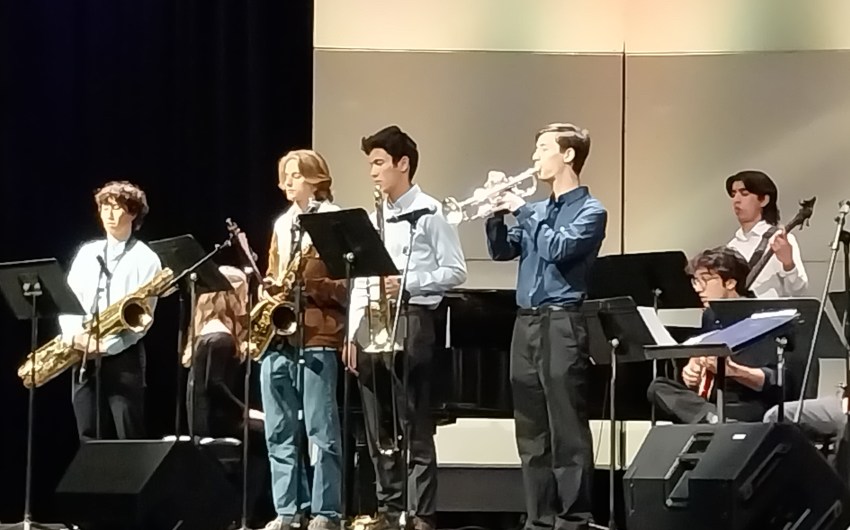
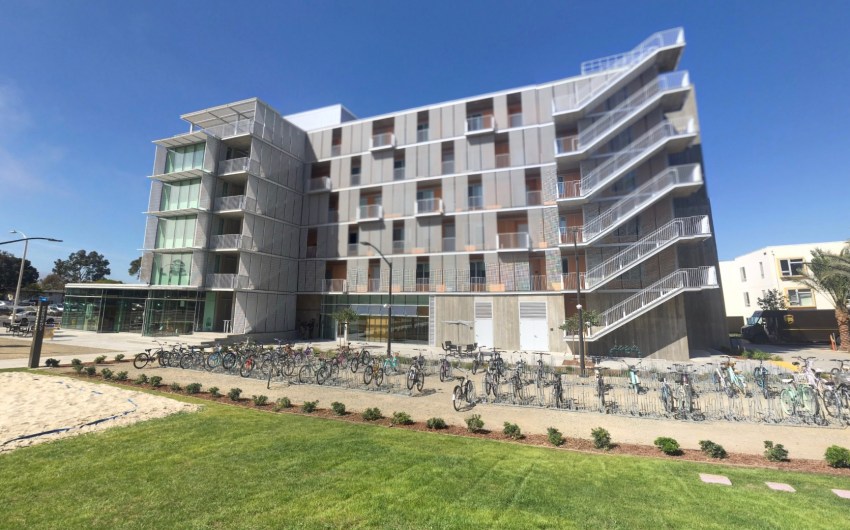

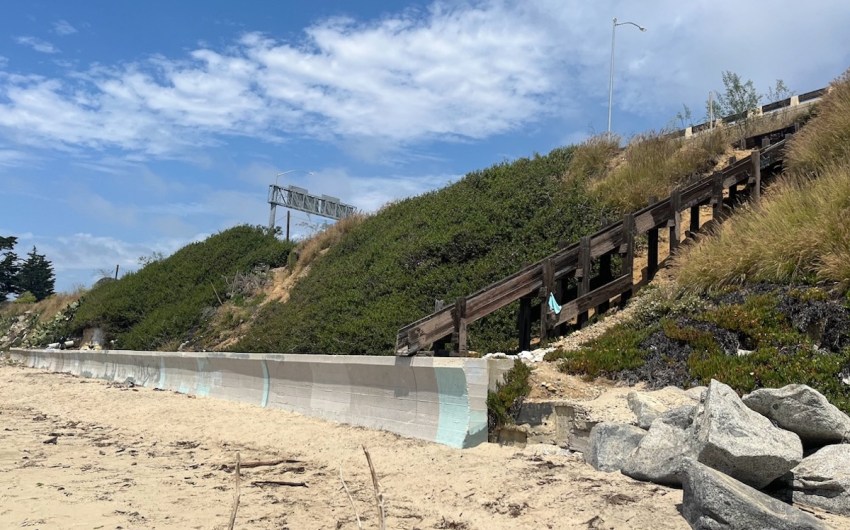





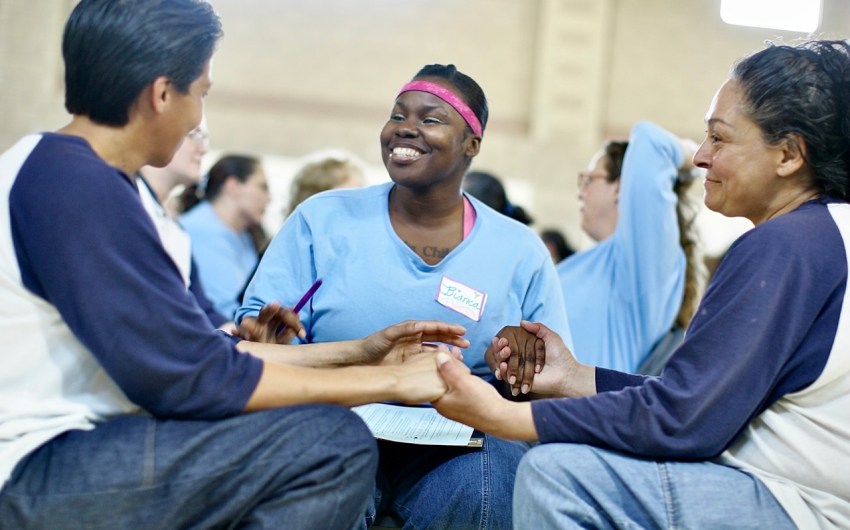


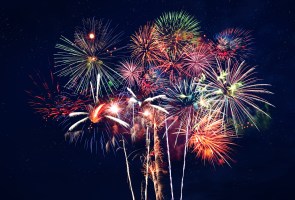

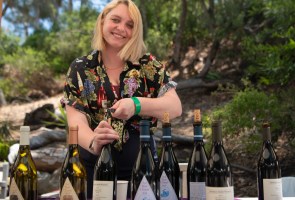


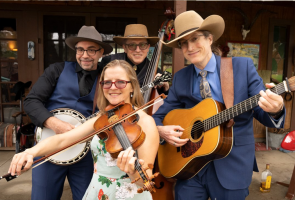

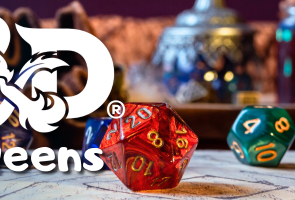



You must be logged in to post a comment.